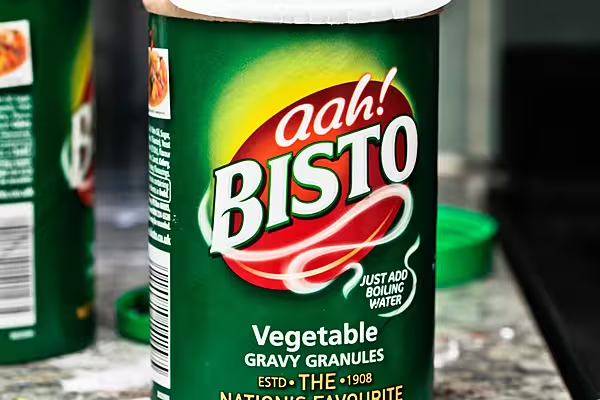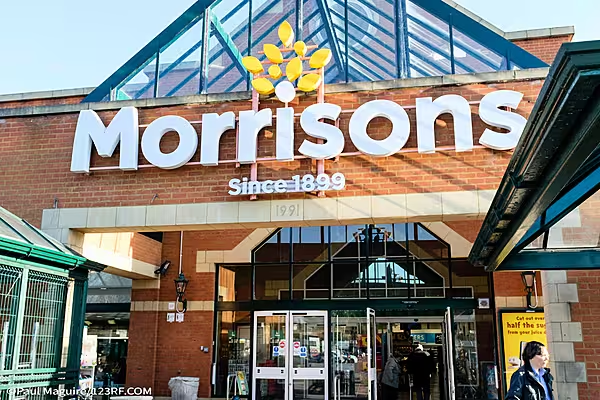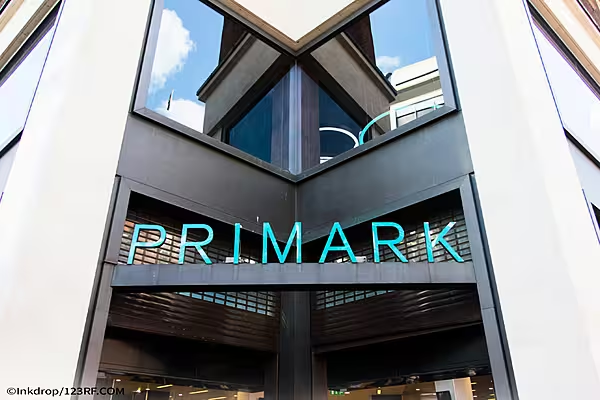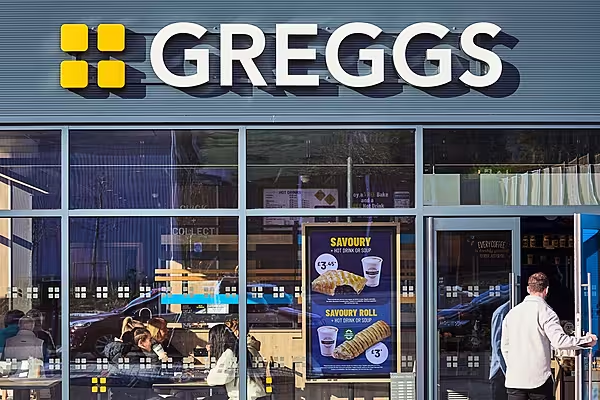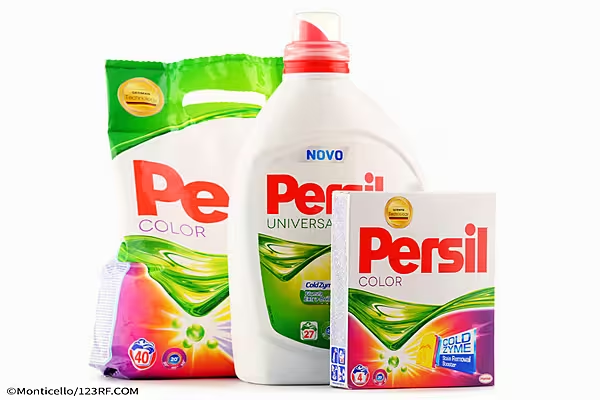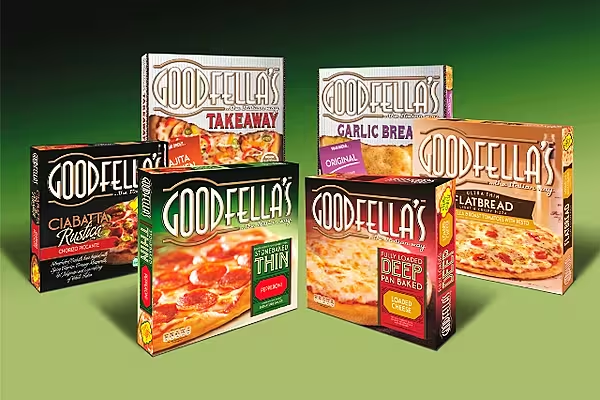Premier Foods saw its sales increase 3.6% in the fourth quarter of its financial year, with a 10.5% increase in March alone, due to consumer stockpiling of essential products.
Here's how leading industry analysts viewed its performance.
Russ Mould, AJ Bell
“Mr Kipling maker Premier Foods has been slowly tempting investors with some tasty morsels over the past few years with improvements to sales, profit and cash flow. Now it’s time for the full feast as it delivers a triple layer of good news. Pension pressures are set to ease, trading is ahead of expectations and the ratio of net debt to earnings is lower than targeted.
“All these factors put Premier Foods in a better position to start shaking off its reputation as a zombie company which hasn’t been able to invest much in its business. Guidance that pension deficit contributions will be greatly reduced essentially gives the company more scope for product innovation, marketing and upgrading its assets. Further down the line it could even contemplate paying dividends.
“The market has been waiting for this news for a long time, hence why its share price has rocketed on the announcement.
“However, this won’t be an easy win for Premier Foods. There is intense competition from private label suppliers and rival brands, and near-term it faces the challenge of likely subdued consumer spending if the country goes through a difficult recession.”
Clive Black, Shore Capital
"Following this update we expect to be upgrading our FY2020 trading and PTP estimates for Premier Foods by c£2-3m, with scope to explore FY2021 nudges higher took albeit the Q4 FY2021 comparative will be tough.
"The pension news is great, the beat to net debt forecasts is fabulous and the strong current trade, well that is wonderful. The de-leveraging permits to us rating expansion. Who would have thought Premier could deliver this welcome triple whammy. Well done Messrs Day, Whitehouse and Leggett!"
Simon Harvey, GlobalData
“Premier provided markets with a triple-whammy as such, the most prominent being a decision to amalgamate its pension funds - taking a £1.07 billion surplus in one, the RHM scheme, to offset a GBP481m deficit in the other two Its decision removes a valuation barrier that has dogged the company for some time as any cash generation tended to get eaten up by servicing the pension deficit and depriving the business of investment funds, an aspect that led to market assumptions for a break up of assets.
“But hand-in-hand with the pension shortfall, Premier's debt position, which rests north of GBP400m, had also served as a deterrent, not only to any would-be buyer but the market in general, and that position has also taken a positive step forward in terms of leverage.
“With a target to bring the net debt-to-EBITDA leverage ratio to below three times by fiscal year-end, Premier provided an added bonus by saying the metric was 'comfortably lower', and also announced annual profits would be at the 'top-end' of market expectations.
“And a fourth bonus could arguably be added: a decision not to pursue asset disposals, previously earmarked as most likely to entail Mr Kipling, Bisto gravy or Batchelors. If it had opted to divest any of Premier's three-largest brands, markets would have questioned, as they had before, the attractiveness of a company left without some of its crown jewels."
© 2020 European Supermarket Magazine – your source for the latest retail news. Article by Stephen Wynne-Jones. Click subscribe to sign up to ESM: The European Supermarket Magazine.
